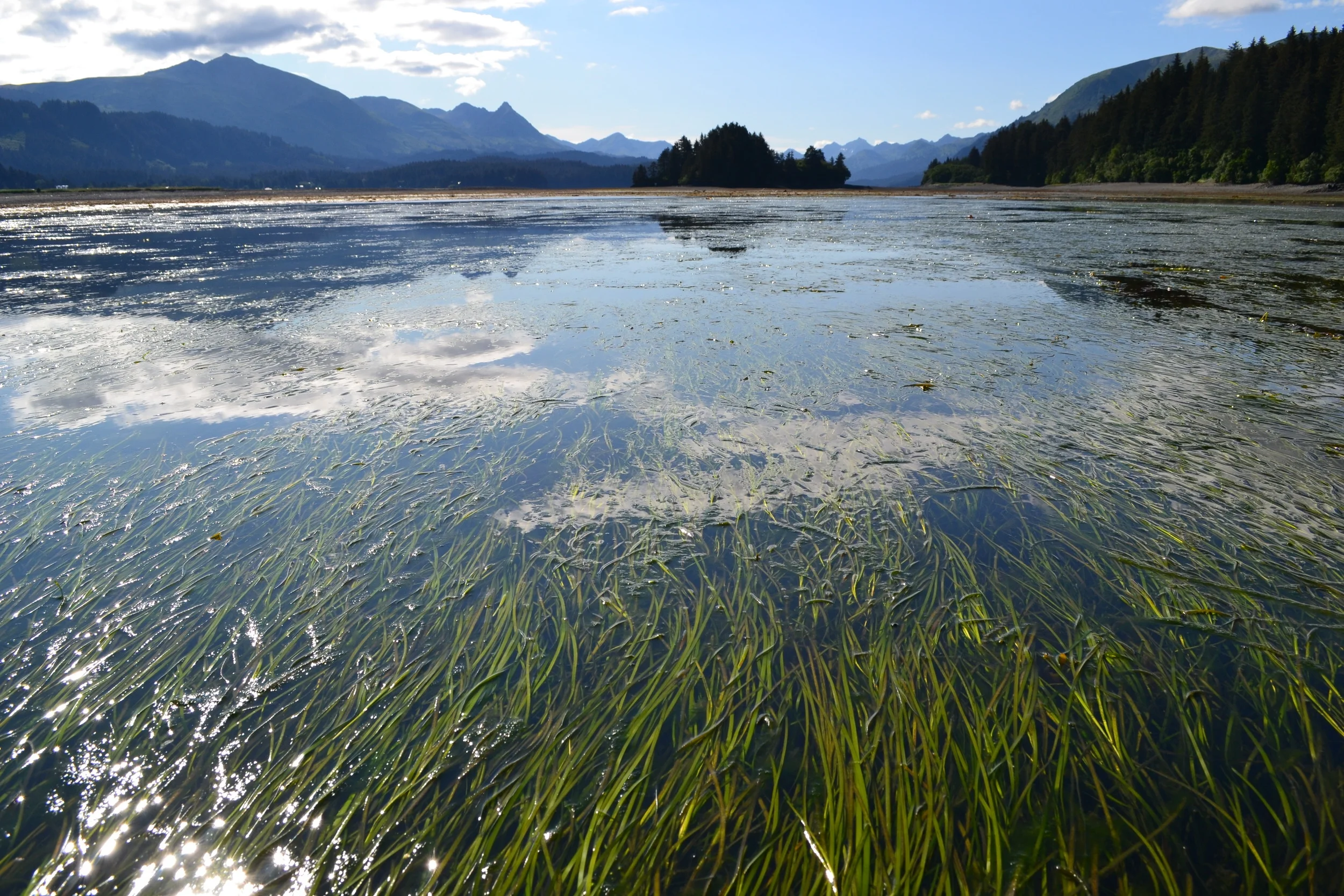Understanding the relationships between individual organisms and their environment is a fundamental goal in ecology, which is all the more pertinent due to the unprecedented environmental and anthropogenic changes underway.
Research in the Kroeker Lab addresses the drivers of change in marine communities. Our research program is advanced by two complementary approaches. First, we combine field experiments with laboratory manipulations to understand the underpinnings of community and ecosystem dynamics. Second, we use meta-analysis and modeling to synthesize empirical results and advance broad theoretical frameworks for predicting the emergent effects of environmental change. Our work is broadly united by a love of species interactions, whether it be predator-prey, competitors, or host-pathogen interactions. We use a variety of systems to answer our questions, from seagrass ecosystems and rocky intertidal communities to rocky reefs surrounding volcanic carbon dioxide vents and kelp forests. Click here for descriptions of current projects in our lab.
Research themes
Global change ecology
While much research has focused on the physiological responses of individual species to singular environmental drivers, we are interested in how the interactions between and amongst species can act as leverage points environmental change in complex, functioning ecosystems. We embrace the complexities of the environment, by considering how interactions amongst the various aspects of environmental change (e.g., warming, ocean acidification and deoxygenation) as well as the spatial and temporal dynamics of organisms exposure to these drivers (e.g., episodic exposure through upwelling as well as variation in seasonal exposure). We use meta-analysis, manipulative lab and field studies, and observational studies across natural gradients of environmental conditions, including shallow volcanic water CO2 vents and the coastal upwelling mosaic along the California Current System, to address how species responses to change scale-up to affect community structure and ecosystem function.
sustainable aquaculture
We view humans as an important part of our coastal ecosystems. As such, we want to know how aquaculture affects the surrounding ecosystems, as well as how the ecosystem affects aquaculture. Really, aquaculture is about humans acting as bioengineers in functioning ecosystems! We primarily focus on shellfish aquaculture and seagrass interactions in US West Coast estuaries, where we explore topics such as habitat provisioning of aquaculture gear and how the primary production associated with seagrass might benefit oyster farmers.
community ecology for Solutions
We know that species interactions can shape an entire ecosystem. For example, top predators, such as otters in kelp forests, can determine whether the ecosystem exists as a kelp forest or urchin barren. However, species interactions are not always considered when practitioners and managers are trying to protect or restore degraded ecosystems. We aim to inform marine restoration and management strategies by providing information about how critical species interactions can promote more durable and effective policies and practice.


